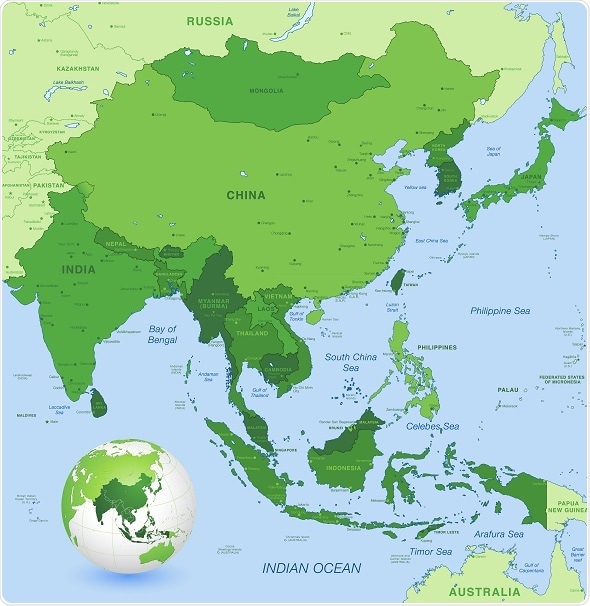Site Under Development, Content Population and SEO, Soft Launch 1st January 2020
Traveling to foreign countries is always exciting, but it is necessary to take some elementary precautions to keep yourself healthy and alive throughout your trip. These include:

Vaccines that are expected to be taken by all travelers include:
The MMR vaccine
The MMR vaccine protects travelers against catching mumps, measles, and rubella infections. If all travelers were vaccinated appropriately, this would prevent a huge proportion of infections from being brought back into the host country and affecting other unvaccinated people.
Proper precautions include:
These are routine vaccinations that all children are expected to have taken in childhood:
It is better to discuss one’s itinerary with the healthcare providers so as to make an informed decision as to the need for this vaccine. Two doses at an interval of 28 days are usually required, and a month may be taken for antibody levels to cross protective thresholds.
Polio
This vaccine may be needed for travelers in certain parts of East Asia such as the Xinjiang province in China, Pakistan, or Afghanistan. In these parts, the highest risk is when you work in or visit humanitarian projects such as refugee camps or health clinics.
The usual dose is three doses of injectable polio vaccine at an interval of 28 days each, but adults require only a single booster shot.
Tuberculosis
This infection is still rife in some areas in southeast Asia. Travelers under 16 years of age should receive the BCG vaccine if:
Cholera
Cholera vaccine may be recommended for people who are likely to work in humanitarian aid centers or those who may be traveling or staying in remote areas. It is given as two doses one to six weeks apart, but children require a third dose after the same interval.
Traveling to the affected area should be planned at least a week after the last dose. Revaccination may be required, or at least a booster, if a vaccinated individual plans to visit an affected or high-risk area.
Tick-borne encephalitis
This is found in some areas of China or Japan which are heavily forested. The course requires three injections, the second following one to three months after the first and the third being given from 5 to 12 months after the second.
Two doses confer immunity for approximately a year, while three doses protect the individual for up to three years. Shortened courses consist of two doses two weeks apart.